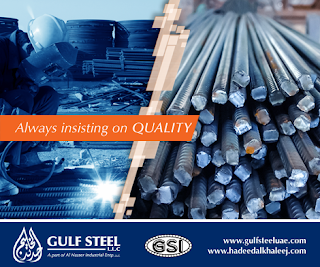TMT and twisted rebars are made in different ways, but both are high-strength reinforcing bars. Twisted rebars are made using an older technology called cold twisting, whereas TMT bars use modern hot twisting technology. Here are a few details to help you better understand the process.
TMT Rebars are essential components of any construction project. TMT rebars and concrete complement each other during construction so that the Reinforced Cement Concrete (RCC) structure can be moulded into any desired shape, with the rebars providing the necessary tensile strength to withstand the load. Twisted deformed (CTD) bars: During the manufacturing process, the bars are naturally cooled and twisted at room temperature. As a result of this process, the grains within the bar crystallize, providing the necessary strength. These bars have a few drawbacks as well. The twisting process reduces the ductility of steel. It also dissolves the protective blue oxide, exposing the bar to corrosion. Cold Twisted Deformed rods are also known as CTD rods.
TMT bar treatment consists of three stages: quenching, self tempering, and atmospheric cooling. During this procedure, the steel bars receive a brief, concentrated cooling as they pass through the extremely low temperature core water cooling system after the final rolling mill stand. The steel bar's surface layer is solidified as a result of the sudden quenching. Similarly, because there is no twisting during this process, torsional stress causes no surface deformities, making TMT bars more erosion resistant. During the manufacturing process, the bars are kept in natural cooling and contort at room temperature. Because of this procedure, the grains within the bar transform into crystals, providing the required quality. These types of bars also have a few drawbacks. Steel flexibility suffers as a result of the twisting process. Similarly, it dissolves the protective blue oxide, exposing the cold twisted rebars to corrosion.
Gulf Steel was founded in 1992 and specializes in customized ready–to–use cut and bend steel. They are a leading steel manufacturer in UAE that supplies steel products as per industry specifications and dimensions, all of which are customized as per the client’s requirement. If you are looking for construction steel, reach out to us.



